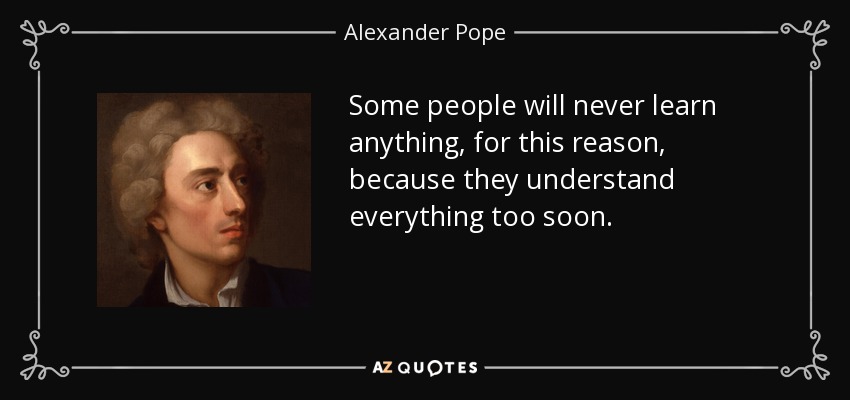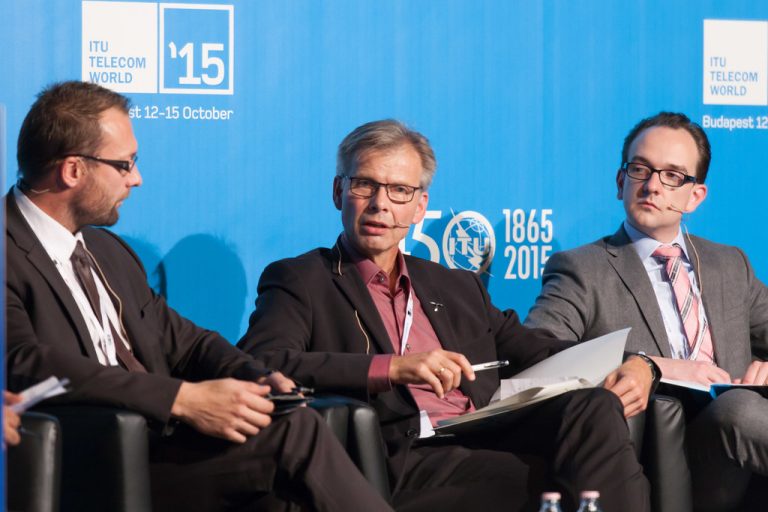Some People Never Learn: Unraveling the Truth
Welcome to a journey of self-improvement and personal growth. In this article, we delve deep into the intriguing concept of why “some people never learn.” Through a series of engaging headings and subheadings, we will explore the various facets of this topic, providing you with valuable insights and expert advice.

Why Do Some People Never Learn?
Some people seem to repeat the same mistakes over and over again, leaving us wondering why. Let’s unravel the psychological and behavioral aspects behind this phenomenon.
The Role of Cognitive Biases
Cognitive biases often cloud our judgment, leading to repeated errors. Explore how biases like confirmation bias and hindsight bias contribute to our learning challenges.
Fear of Change
Change can be intimidating, and some individuals resist it vehemently. Discover how the fear of change can hinder the learning process.

Understanding the Psychology Behind It
Understanding why some people never learn involves delving into the intricate realm of human psychology. This phenomenon often roots itself in cognitive biases, which are inherent tendencies in human thinking. Let’s explore a few key aspects of the psychology behind this behavior:
Confirmation Bias:
One of the most common cognitive biases, confirmation bias, occurs when individuals seek out information that confirms their existing beliefs or ideas while ignoring contradictory evidence. In the context of learning from mistakes, this bias can lead people to repeat errors because they discount evidence that challenges their established views.
Hindsight Bias:
Hindsight bias involves the tendency to believe, after an event has occurred, that one would have predicted or expected the outcome. This bias can hinder learning because individuals might convince themselves that they should have known better all along, rather than recognizing the complexity of their past decisions.
Ego Protection:
The human ego is a powerful force. Some people never learn because admitting mistakes can bruise their ego. They may fear looking incompetent or weak, which prevents them from acknowledging errors and growing from them.
Fear of Failure:
The fear of failure can paralyze individuals, making them reluctant to try new things or learn from past failures. This fear can stem from childhood experiences or societal pressures to succeed at all costs.
Recognizing the Patterns
To break the cycle, one must first recognize the patterns that contribute to the inability to learn.
The Importance of Self-Reflection
Self-awareness is key to recognizing recurring mistakes. Learn how introspection can pave the way for personal growth.
External Influences
Sometimes, external factors play a significant role in our inability to learn. Explore how societal pressures and peer influences impact our decisions.
Breaking the Cycle
Now that we’ve identified the factors, let’s delve into strategies for breaking the cycle of not learning from our mistakes.
Mindfulness and Meditation
Discover how mindfulness and meditation can help individuals become more aware of their actions and thought patterns, facilitating better decision-making.
Seeking Professional Help
Sometimes, overcoming the cycle requires expert guidance. Learn how therapy and counseling can provide the necessary tools for change.
Success Stories
Reading about individuals who have overcome their learning challenges can be inspiring and informative.
Real-Life Examples
Explore stories of real people who defied the odds and transformed their lives by learning from their mistakes.

External Influences and Peer Pressure
External influences and peer pressure are powerful forces that can impact an individual’s ability to learn from their mistakes. Let’s delve into how these factors contribute to the phenomenon of some people never learning:
Societal Expectations:
Society often sets unrealistic standards of success and achievement. When individuals feel pressured to conform to these standards, they may be less willing to admit their mistakes and learn from them. The fear of not meeting societal expectations can be paralyzing.
Peer Influence:
Peer groups can exert significant influence on an individual’s behavior. Some people never learn because they are surrounded by peers who encourage or normalize their mistakes. In such environments, admitting error may be perceived as a sign of weakness.
Family Dynamics:
Family dynamics during childhood can also shape an individual’s attitude toward learning from mistakes. Families that punish or shame mistakes may inadvertently discourage open dialogue about errors and hinder personal growth.
Social Media and Comparison Culture:
In the age of social media, individuals often compare themselves to others’ curated online lives. This constant comparison can lead to feelings of inadequacy, making it difficult to admit mistakes openly.
FAQs
Q: What are some common cognitive biases that hinder learning?
A: Confirmation bias, hindsight bias, and availability bias are some examples.
Q: How can I start practicing mindfulness?
A: Begin with short daily meditation sessions and gradually increase the duration.
Q: Is it ever too late to break the cycle of not learning from mistakes?
A: No, it’s never too late to start learning and growing.
Q: Can external influences be changed to support my learning journey?
A: While you can’t control all external factors, you can choose your influences and associations wisely.
Q: Are there any books or resources you recommend for further reading?
A: Yes, “The Power of Now” by Eckhart Tolle and “Mindset” by Carol S. Dweck are excellent resources.
Q: How long does it typically take to see progress in breaking the cycle?
A: The timeline varies from person to person, but consistency and commitment are key.
Conclusion
In conclusion, the phenomenon of “some people never learn” can be attributed to a combination of cognitive biases, fear of change, and external influences. However, with self-awareness, mindfulness, and the willingness to seek help when needed, anyone can break the cycle and embark on a journey of continuous improvement. Remember, it’s never too late to start learning and growing.







